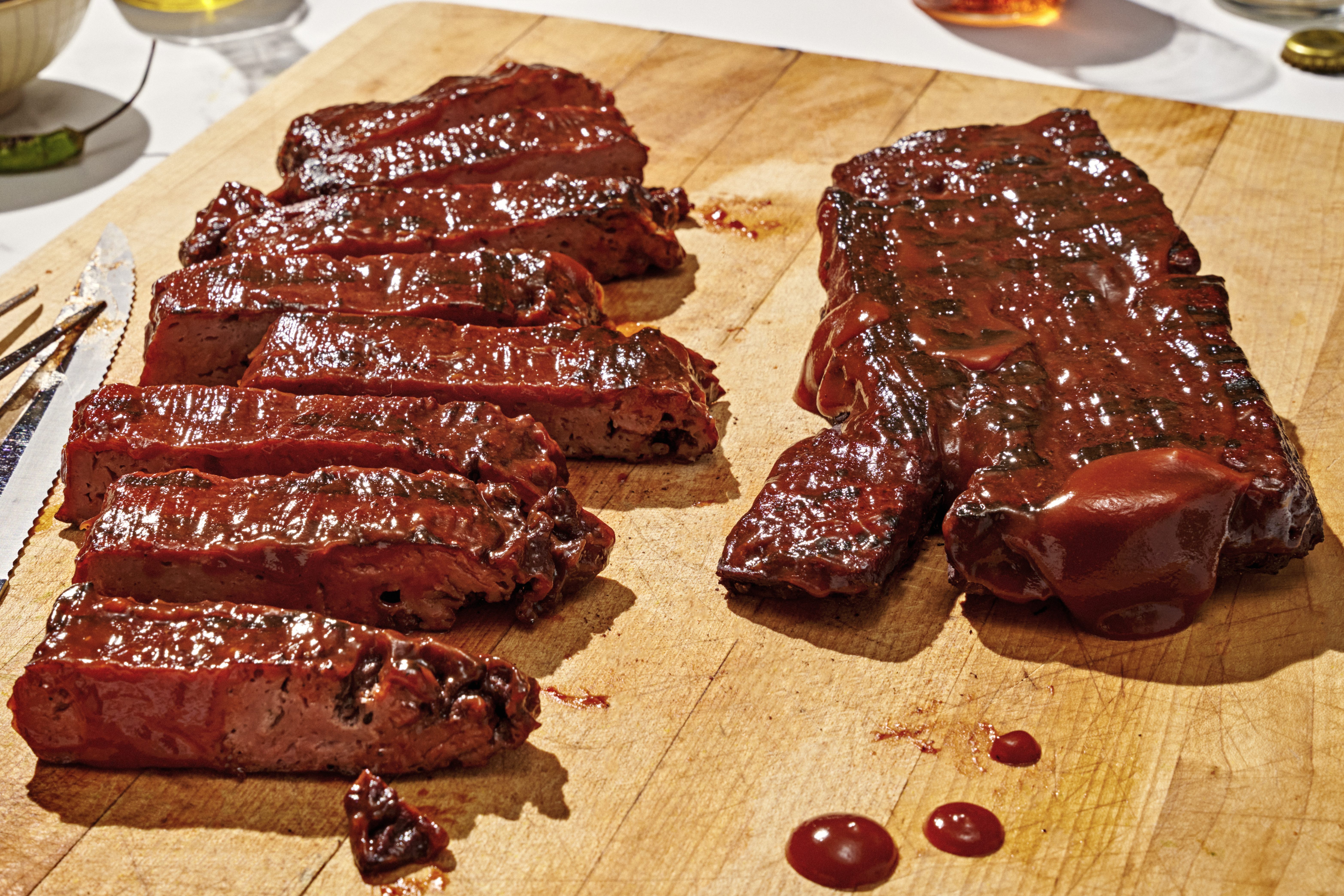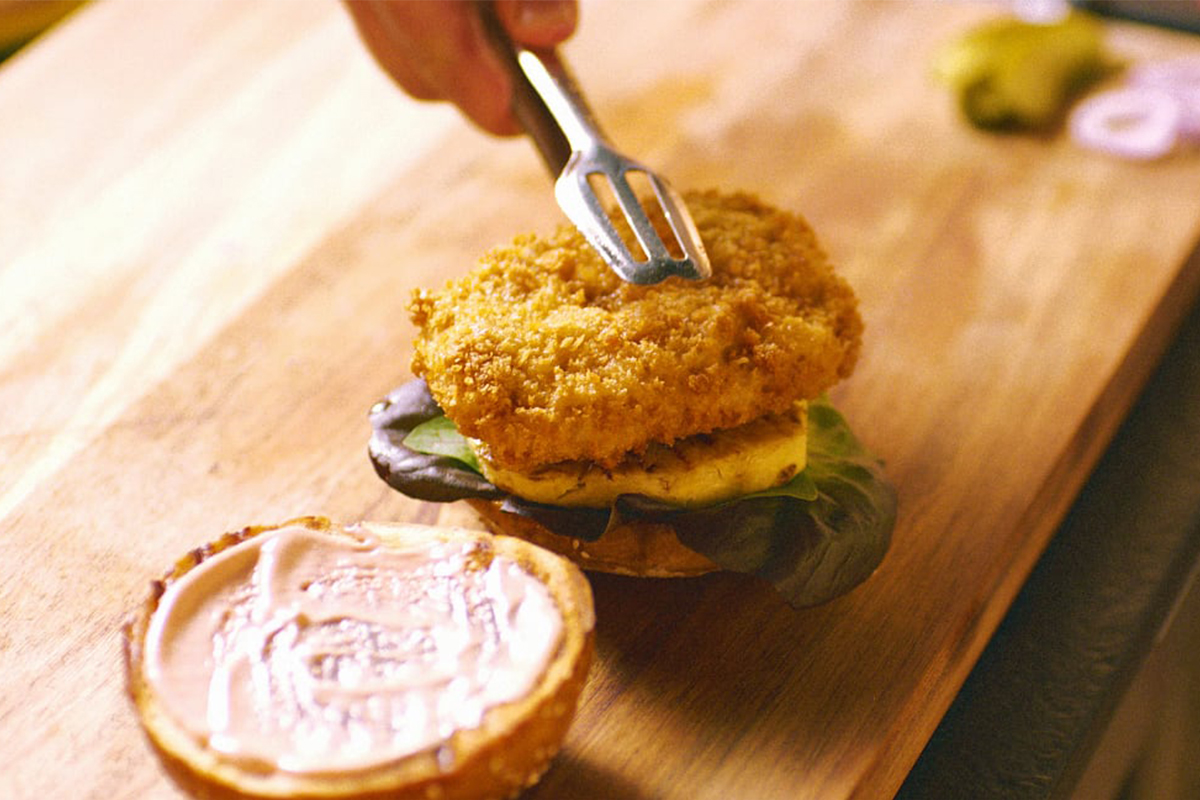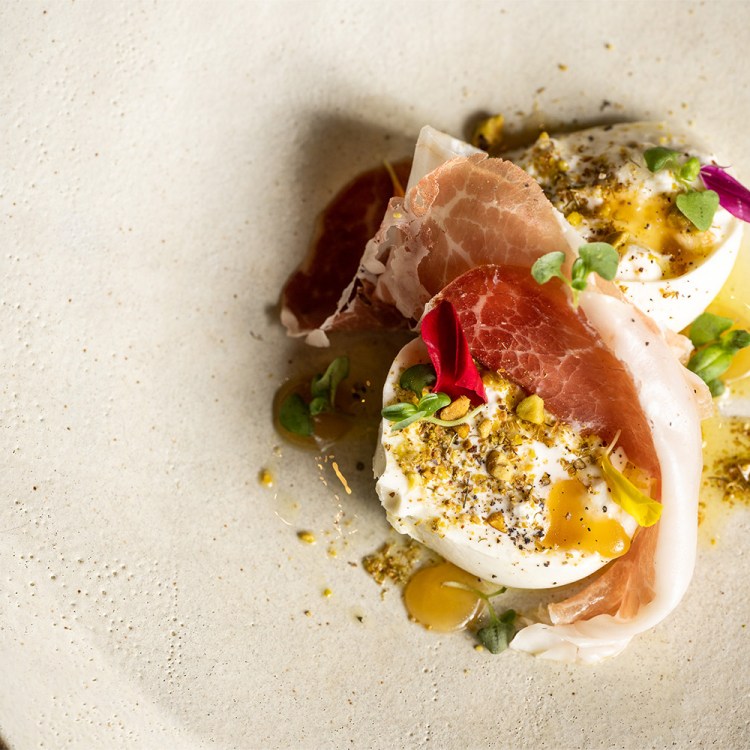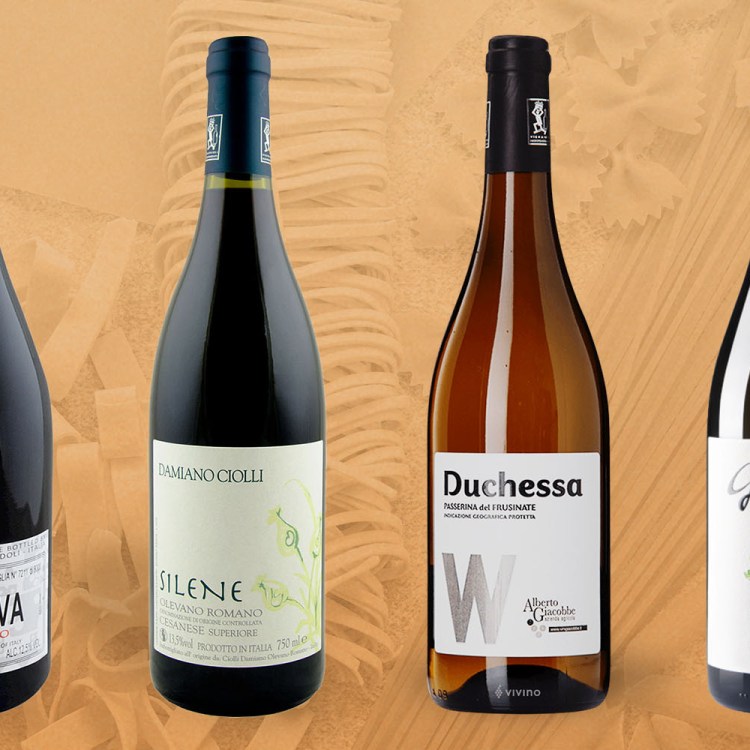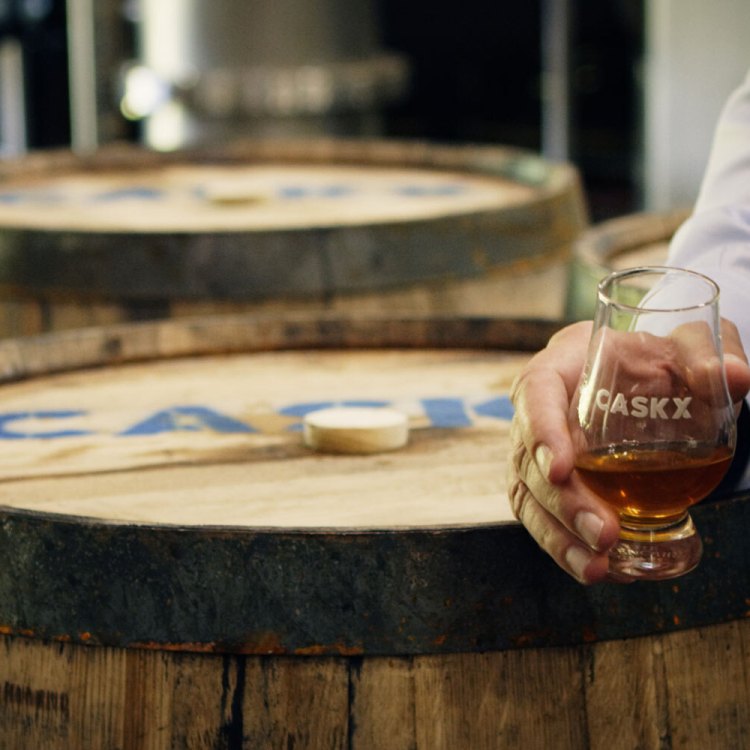If we can grow meat (and, um, breast milk) in labs, why not coffee?
Given how climate change and deforestation have negatively impacted coffee crops worldwide, alternatives to traditional farming methods may be needed in the near future to sustain our passion for java. With that future in mind, the VTT Technical Research Centre of Finland recently announced they had successfully produced coffee cells in a bioreactor through cellular agriculture.
VTT uses cell cultures to produce a wide range of plant- and animal-based products. For coffee, the lab cultures were transferred to bioreactors to begin producing biomass; from there, a roasting process was developed.
“In terms of smell and taste, our trained sensory panel and analytical examination found the profile of the brew to bear similarity to ordinary coffee,” as Dr. Heiko Rischer, the research team leader from VTT, noted (via Phys.org). “However, coffee making is an art and involves iterative optimization under the supervision of specialists with dedicated equipment. Our work marks the basis for such work.”
Rischer estimates it’ll about four years before the lab-grown coffee gets regulatory approval and meets a high enough standard to become a commercially viable product. Meanwhile, other companies like Atomo are taking a different approach — they’re creating “coffee” without using any coffee beans, but rather substituting upcycled and natural plant-based material, as noted by The Spoon.
Thanks for reading InsideHook. Sign up for our daily newsletter and be in the know.

